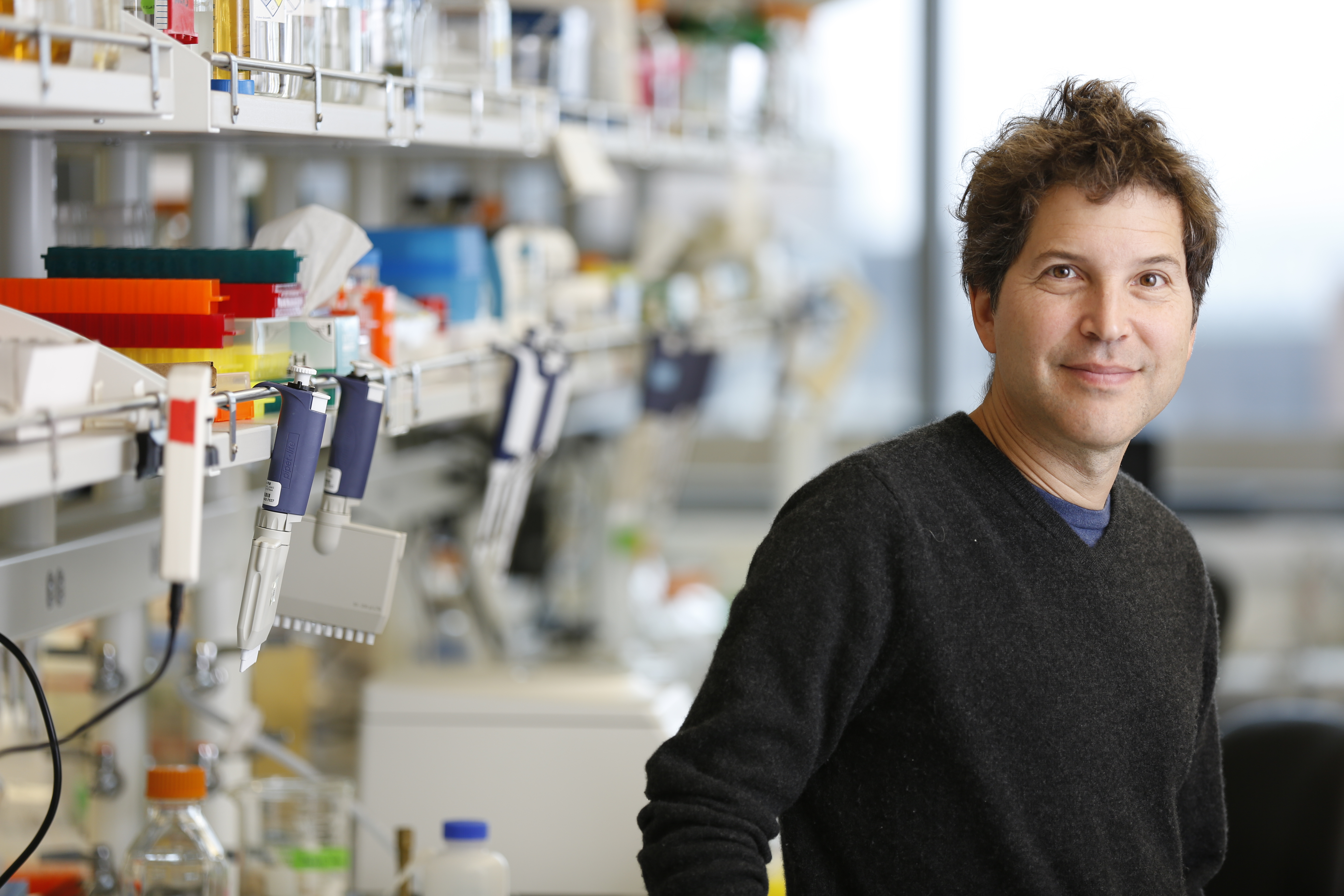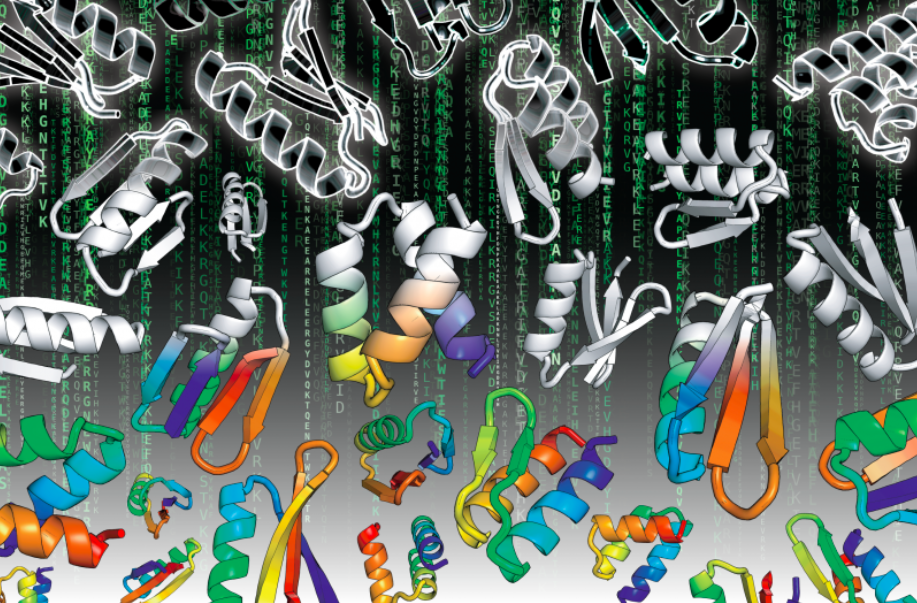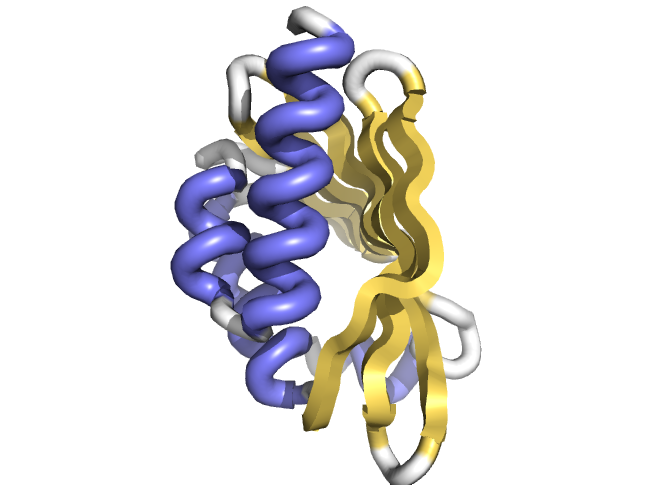Latest posts
-
Cyrus Raises $8M to Advance Cloud-Based Protein Modeling and Design
Today, the first IPD spin out company Cyrus Biotechnology announced the closing of an $8M total Series A financing. The investment was led by Trinity Ventures, with participation from OrbiMed Advisors, SpringRock Ventures, W Fund, WRF Capital (a major supporter of the IPD), and individual investors. Congratulations Cyrus team! Cyrus is commercializing Cyrus Bench®…
-
Arzeda Raises $12M for Computational Protein Design
Today, Baker lab spin out company Arzeda announced that it had raised $12 million in a Series A round of funding led by OS Fund and including Bioeconomy Capital and Sustainable Conversion Ventures, as well as a follow-on investment from Arzeda’s seed investor, WRF Capital (a major supporter of the IPD). The…
-
The Matrix of Protein Design
The Matrix movie (1999) depicts a future in which the reality perceived by most humans is actually a computer simulated reality called “the Matrix”. Published today in Science, the Baker lab and collaborators report on a new kind of Matrix – a new reality for large scale computational protein design which can achieve massive data driven improvements in our…
-
Stopping Influenza with Flu-Glue
Today, a multidisciplinary team of researchers at the University of Washington, Fred Hutch, and The Scripps Research Institute published in Nature Biotechnology the computational design of a trimeric influenza-neutralizing protein that binds extremely tightly to the H3 hemagglutinin of 1968 Hong Kong pandemic influenza virus (A/Hong Kong/X31/1968). It also cross-reacts with…
-
Thank you, Bruce and Jeannie Nordstrom!
A few months ago, it was announced that the Institute for Protein Design is one of UW Medicine’s Priorities in their ACCELERATE campaign. We are grateful to have this support not only from UW Medicine, but also from donors who are contributing funds so that we may continue our work.…
-
Design of novel cavity containing proteins
The latest paper coming out from the IPD was published today on the Science website. It’s titled “Principles for designing proteins with cavities formed by curved β sheets” with first co-authors Enrique Marcos and Benjamin Basanta, a former and current IPD member, respectively. Other IPD members on the paper include…
-
PvP Bio Announces $35M agreement with Takeda
On January 5th, recent IPD spin-out PvP Biologics announced their agreement with Takeda Pharmaceutical Company Limited. The $35 million deal includes an option to acquire PvP at a later point. PvP has released a statement on their website, and the agreement was highly covered by other news sources, which…
-
New spinout: PvP Biologics!
We are happy to congratulate Ingrid Swanson Pultz, an IPD Translational Investigator, and Clancey Wolf, a Research Scientist, on PvP Biologics‘ spinout! The news was announced this morning and has been circulated through various outlets. The company, created in 2015, is focusing on advancing KumaMax, a gluten-fighting enzyme that could…



